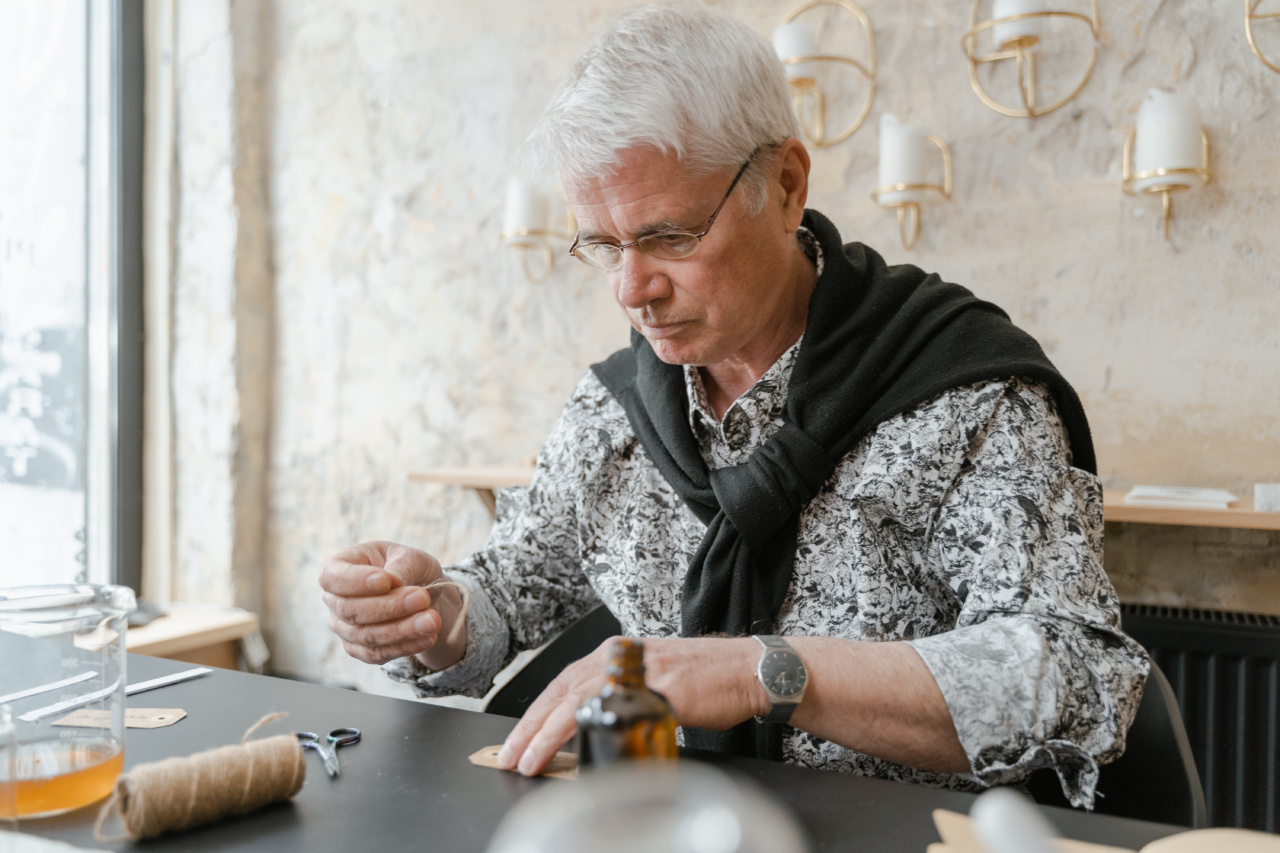Our sense of smell is an important aspect of our daily lives. From the aroma of fresh coffee in the morning to the scent of a loved one’s perfume, our olfactory system helps us navigate and enjoy the world around us.
However, recent studies have shown that a poor sense of smell may be linked to a shorter lifespan. In this article, we explore the science behind this connection and provide tips on how to maintain a healthy sense of smell.
Understanding the Science
Our sense of smell is controlled by a complex system of neural pathways that involve the brain, nose, and olfactory receptors.
When we breathe in through our noses, the molecules from the air bind to these receptors, which then send signals to the brain, creating the sensation of smell.
As we age, our olfactory system can decline for a variety of reasons. Some of the most common causes of a poor sense of smell include nasal congestion, head injuries, nasal polyps, and neurological disorders such as Alzheimer’s disease.
According to a study conducted by the University of Chicago, those who experienced a 90% reduction in their ability to detect smells were almost four times as likely to die within five years than those with a healthy sense of smell.
Tips for Maintaining a Healthy Sense of Smell
Fortunately, there are steps you can take to help maintain a healthy sense of smell:.
1. Practice Good Nasal Hygiene
Keeping your nasal passages clean and clear is essential to maintaining a healthy sense of smell.
This includes blowing your nose regularly, using a saline solution to rinse your nasal passages, and avoiding substances that can irritate the nasal lining, such as tobacco smoke and chemical fumes.
2. Engage in Regular Exercise
Studies have shown that regular exercise can help to improve our sense of smell. This may be due to the increased blood flow to the olfactory system that occurs during physical activity.
So, make sure to incorporate regular exercise into your routine to keep your olfactory system healthy.
3. Practice Good Oral Hygiene
Believe it or not, our sense of smell is closely tied to our sense of taste. Poor oral hygiene can affect both of these senses and may lead to a decline in our sense of smell over time.
To maintain good oral health, make sure to brush and floss regularly and visit your dentist for regular checkups.
4. Avoid Certain Medications
Some medications can negatively affect our sense of smell. These include antibiotics, blood pressure medications, and antidepressants. If you are concerned about how a specific medication may be affecting your sense of smell, speak with your doctor.
The Bottom Line
Our sense of smell is a vital aspect of our daily lives, influencing how we experience the world around us. A decline in our sense of smell may be linked to a shorter lifespan, but there are steps we can take to help maintain a healthy olfactory system.
By practicing good nasal and oral hygiene, engaging in regular exercise, and avoiding certain medications, we can help to preserve this important sense.






























